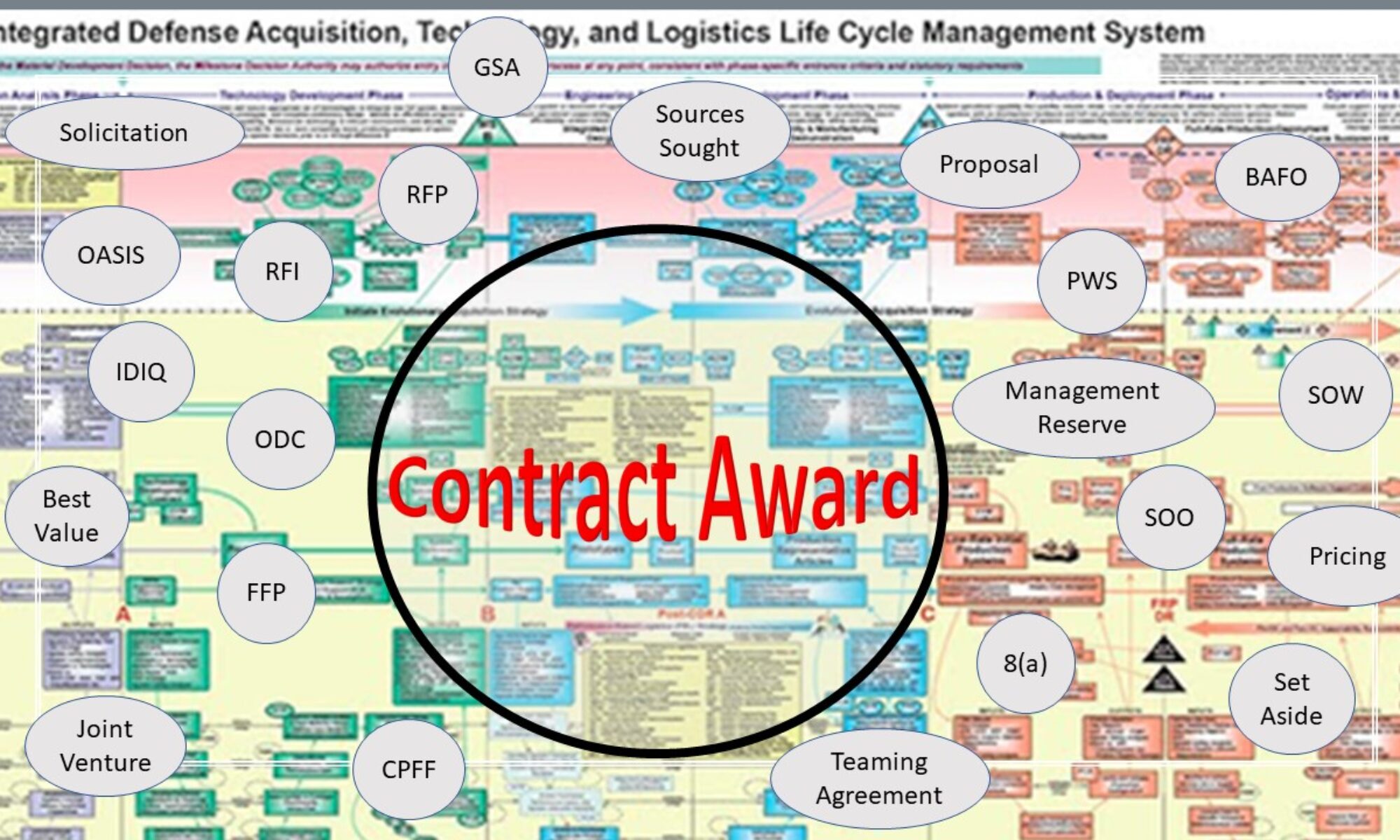I’m frequently asked about finding subcontracts. Finding subcontracting opportunities can be more difficult than finding direct Government contracts. Typically there isn’t a common website where large defense companies advertise their subcontracting opportunities. Networking and “beating the bushes” is how to find subcontracting opportunities. Another difficulty of subcontracting is many companies won’t subcontract small businesses they don’t know. That seems like a revolving door. They won’t hire you if they don’t know you so how do you get them to know you? That is where networking and relationship building comes in. You have to get to know people within the company and develop a relationship with them.
I just returned from Tinker and the Primes. I spent 12 hrs a day for 2 days talking to people. Telling them what I can do for them and listening to what they can do for me. I made some new contacts and reinforced existing contract. I attend about 1 show a month. As you build your network, people within your network with introduce you to people in their network. I tell people “if my company can’t help you I probably know someone who can”. As you have probably gathered, the key to finding subcontracts is networking.
So you’re gotten to know the subcontracts administrator or a procurement officer within a large company, so how do you convince them to give you a subcontract. Lean all you can about what services and products they provide to the government, Then look for opportunities that fit their capabilities. For example, if they do aircraft modifications find a NEW solicitation related to aircraft modifications. Ask your contact if they are planning to pursue the contract. Chances are they already know about it and are discuss it. What you are doing is demonstrating your knowledge of the market and that you want to help them succeed. Have a plan to talk about a small niche within that larger effort you can support with great efficiency and a low cost. Its not uncommon for it to be cheaper to contract some tasks out to small businesses than it is to pay their own internal rates.
You have to market yourself to larger defense companies to get the subcontracts from them. You have to be a salesman or hire one to succeed. That can be hard if you’re a small business with a very small budget. You’ll find many of your small business owners and business development people are diamond and titanium travel rewards member. You can’t market on the internet. You must attend conferences, meet people, ask to visit them at their office. You have to be persistent and show them you add value to their business.
Once you get a contract, perform above and beyond expectation. If you’re a good small business to work with you will get more subcontracts. If you fail for any reason, move on to another company. Why should they give you a second chance. I know I usually won’t.

